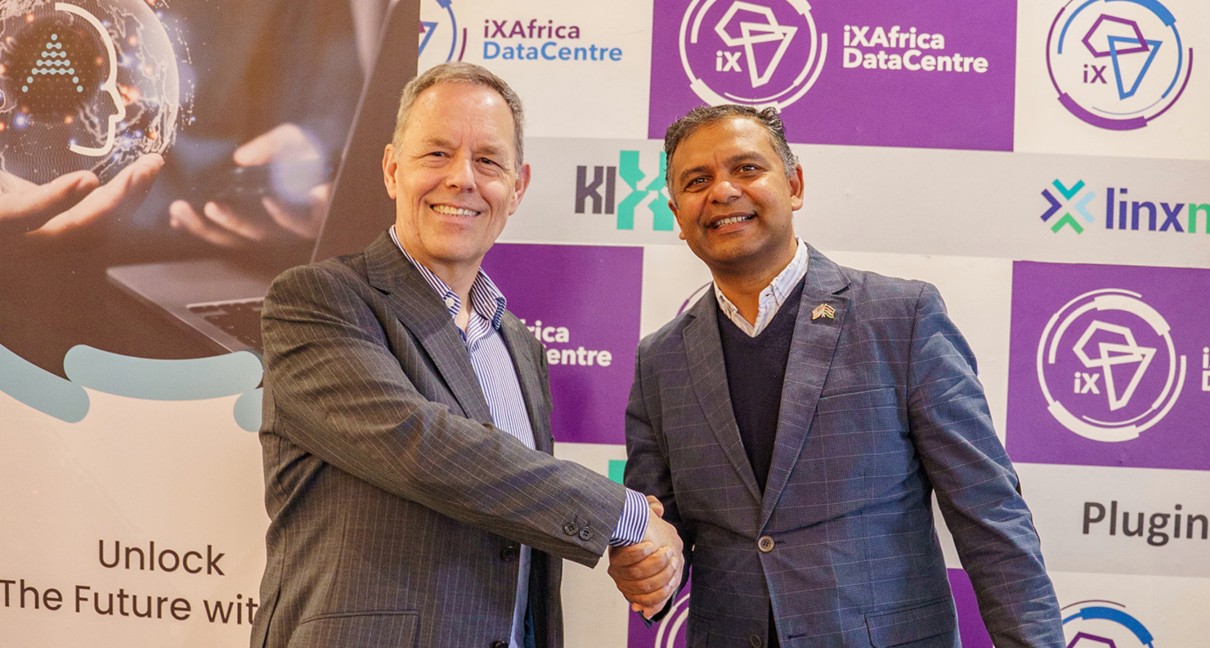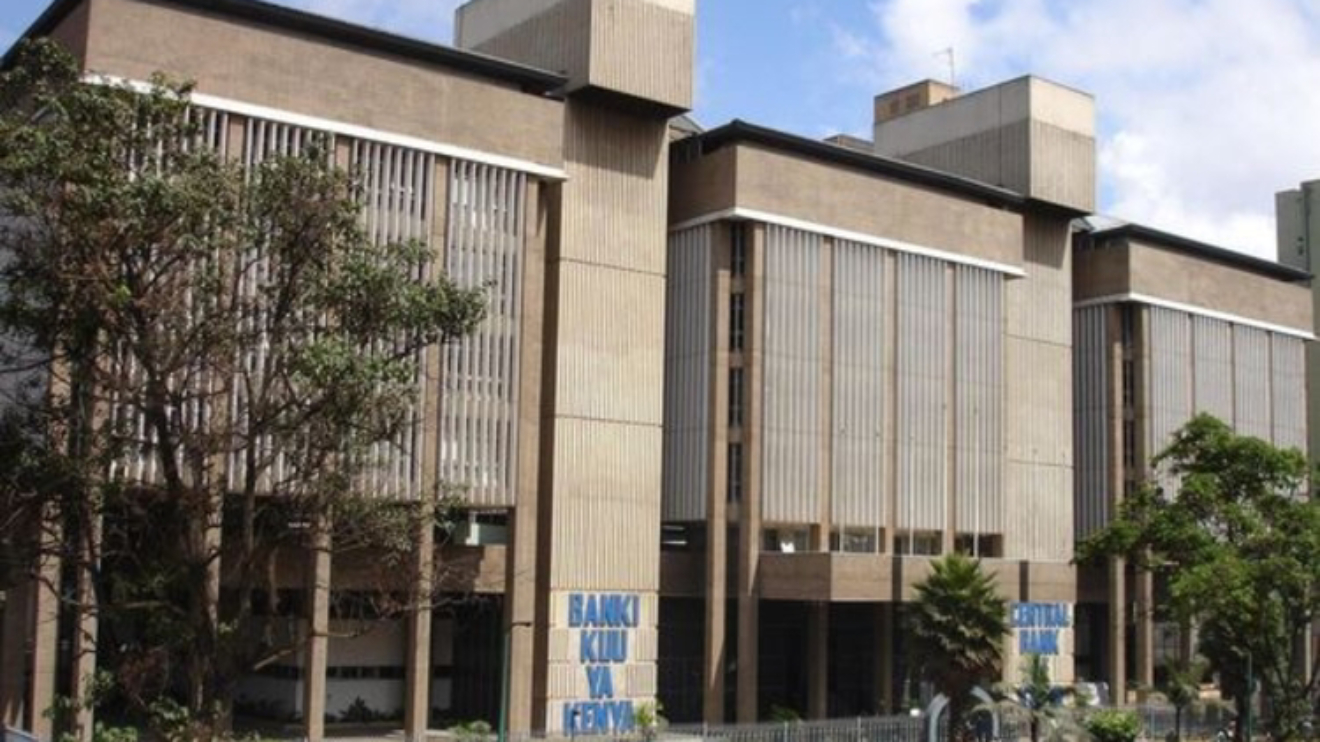Deep inside Kenya’s then Central Province, way before digital banking and financial inclusion became catchwords, a young boy was growing up in the sleepy village of Kangema in Murang’a County.
That boy is James Mwangi, who was brought up by a widowed mother after his father, a police officer, died during the Mau Mau uprising that started in the early 1950s.
Due to this, his early life was steeped in hardship but the modest and tough beginnings would transform him into one of Africa’s most transformational business leaders.
Today, Dr James Mwangi is not just the Group Managing Director and CEO of Equity Group Holdings; he is a beacon of inspiration, acclaimed globally for revolutionising banking across Africa and lifting millions out of poverty through inclusive finance.
Here is a story one of resilience, vision, and unwavering commitment to socioeconomic empowerment:
Read More
Early Dreams
James Mwangi was born in 1962, the youngest of seven children.
Life in post-colonial Kenya was difficult, especially for a single mother raising a large family in a rural setting.
But his mother, who farmed to provide for them, instilled in him the values of discipline, hard work, and integrity, principles become the cornerstones of Mwangi’s future success.
Despite the financial hurdles, he attended Nyagatugu Primary School and later Ichagaki Secondary School before transferring to Kangema High School and excelled in all of them.
Mwangi’s brilliance and determination saw him qualify to join the University of Nairobi, where he pursued a Bachelor of Commerce degree.
He later became a Certified Public Accountant, a qualification that paved the way for his career in the financial sector.
Equity Revolution
In 1993, Equity Building Society was on the brink of collapse.
With its non-performing loans exceeding 80 per cent, the rural microfinance institution was technically insolvent.
It was during this turbulent time that a young Mwangi, then a 31-year-old finance and strategy expert, made a bold move and joined Equity as Finance and Strategy Director.
To many of his colleagues, this seemed like career suicide for someone with his qualifications and prospects.
But Mwangi saw what others didn’t, a vast population of unbanked Kenyans desperate for financial inclusion.
He immediately got down to focus on restructuring the financial institution’s operations, improving governance, and shifting the focus to customer service.
Under his stewardship, Equity introduced innovative products tailored for ordinary Kenyans, who included farmers, small traders, teachers, and boda boda riders, connecting them with savings accounts, loans, and insurance for the first time in the country’s history.
By the year 2004, Mwangi had risen through the ranks to become the CEO, and Equity transformed into a fully-fledged commercial bank.
In that year, Equity Bank listed on the Nairobi Securities Exchange, a landmark moment marking the transition from a community lender to a regional financial powerhouse.
Equity Growth
With Dr Mwangi on the steering wheel, Equity Group experienced exponential growth.
What started as a building society with less than 30,000 customers now serves more than 18 million clients across six African countries, including Kenya, Uganda, Tanzania, Rwanda, South Sudan, and the Democratic Republic of Congo (DRC).
Equity Bank has become synonymous with innovation and financial inclusion.
The Tier-1 bank pioneered agency banking in Kenya, enabling people to deposit and withdraw money through local agents, taking banking to villages and towns previously ignored by mainstream banks.
Its mobile banking platform, Equitel, further enhanced financial accessibility across the East African region.
But perhaps more significantly, Dr Mwangi turned Equity into a mission-driven organisation.
He embedded the philosophy of “transforming lives and livelihoods” into the firm’s DNA and moving it from being about profits to empowering people.
Philanthropy Purpose
In 2008, Dr Mwangi commanded the formation of the Equity Group Foundation (EGF), the bank’s philanthropic arm.
The foundation’s flagship initiative, Wings to Fly, has provided full secondary school scholarships to more than 40,000 bright but needy students across Kenya.
Many of these students, often hailing from remote rural areas, have gone on to attend top global universities, including Ivy League institutions like Harvard, Yale, and Oxford.
EGF also operates programs in entrepreneurship, agriculture, health, and financial literacy, impacting millions more.
During the Covid-19 pandemic, the foundation steered Kenya’s private sector response, supporting government efforts through health system strengthening and provision of personal protective equipment (PPE).
For Dr Mwangi, philanthropy is not an afterthought, it’s an integral part of his leadership and he often echoes these words of Dutch businessman and author Paul Polman: “You cannot lead a successful business in a failing society.”
Global Recognition
Dr Mwangi’s impact over the past three decades has not gone unnoticed.
In 2012, he was named Ernst & Young World Entrepreneur of the Year, the first African to receive the honour.
He has been recognized by the World Economic Forum as a Schwab Foundation Social Entrepreneur and appointed to various global advisory boards, including the UN Advisory Group on Inclusive Financial Services.
In 2022, Dr Mwangi was named in the Bloomberg 50, a list that celebrates innovators and leaders who have transformed the global business landscape.
He has received honorary doctorates from several universities and sits on the boards of organisations including Mastercard Foundation and the African Leadership Academy.
He has also played a key role in shaping Africa’s economic policy discourse, advocating for homegrown solutions, inclusive finance, and private sector-driven development.
Leadership Philosophy
Away from the boardrooms and the accolades, what defines Dr James Mwangi is his steadfast belief in servant leadership.
He leads by example, with humility and a relentless focus on impact.
Despite his success, the Equity Bank boss remains grounded, often crediting his mother’s sacrifices and the challenges of his upbringing as his greatest teachers.
The corporate leader is also a mentor to many young African leaders and he often encourages them to dream big, act boldly, and lead with integrity.
His style of leadership believes that businesses succeed when they put people first.
To put it into own words: “If you uplift people, you uplift the nation.”
Legacy Making
As Dr Mwangi enters the later stages of his career, discussions about his legacy have continued to intensify with many wondering if his legacy will live on uninterrupted.
He is widely regarded as one of the most influential CEOs in Africa’s history, a torchbearer who not only transformed a bank but also changed millions of lives and inspired a continent.
Equity Group is now charting its path to become a pan-African financial services provider, with a strong focus on digitization, sustainability, and youth empowerment.
Dr Mwangi is also increasingly involved in policy advocacy and leadership development across Africa, with his inspiring journey offering a masterclass in purpose-driven leadership.
His story is one that continues to unfold, a strong reminder that greatness often commences with a simple, powerful dream: to make life better for others.
Inspiring Generations
In a region where youth unemployment, inequality, and corruption often dim the hope for many, Dr Mwangi stands as a shining example of what visionary leadership can realise.
His life story speaks directly to young Kenyans and East Africans as vivid proof that where you start does not determine how far you can go in life.
He paints the promise of Africa’s potential: bold, compassionate, and transformative, with his legacy being a movement for inclusive growth, a blueprint for impact, and a beacon for generations to come.

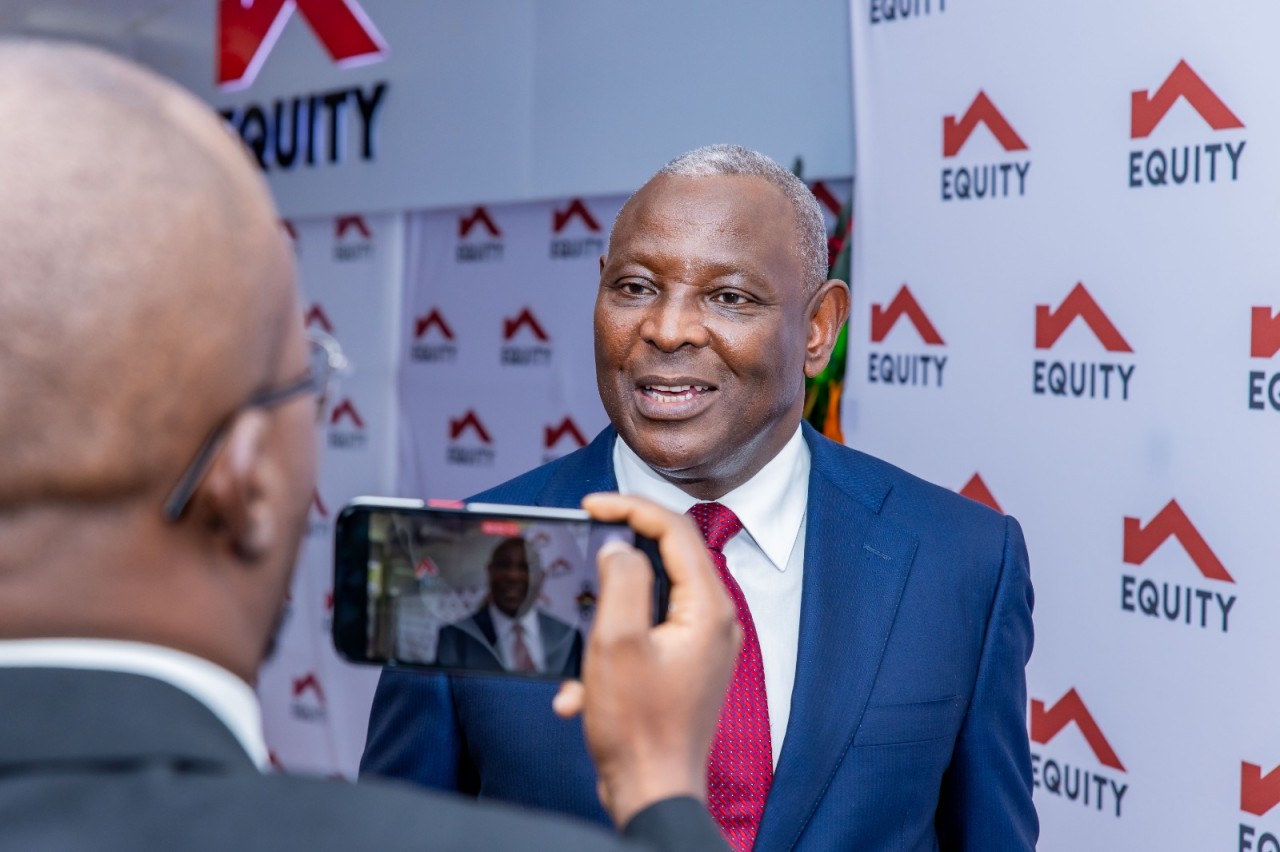
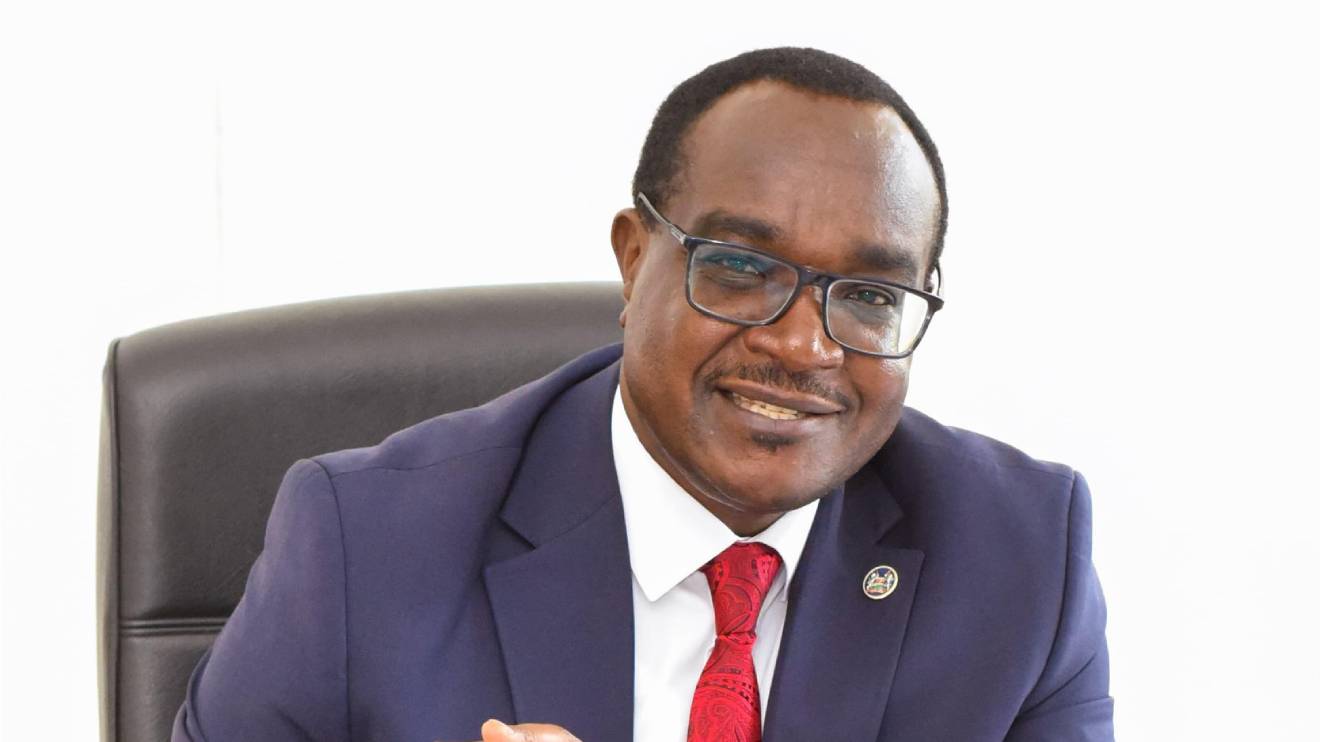

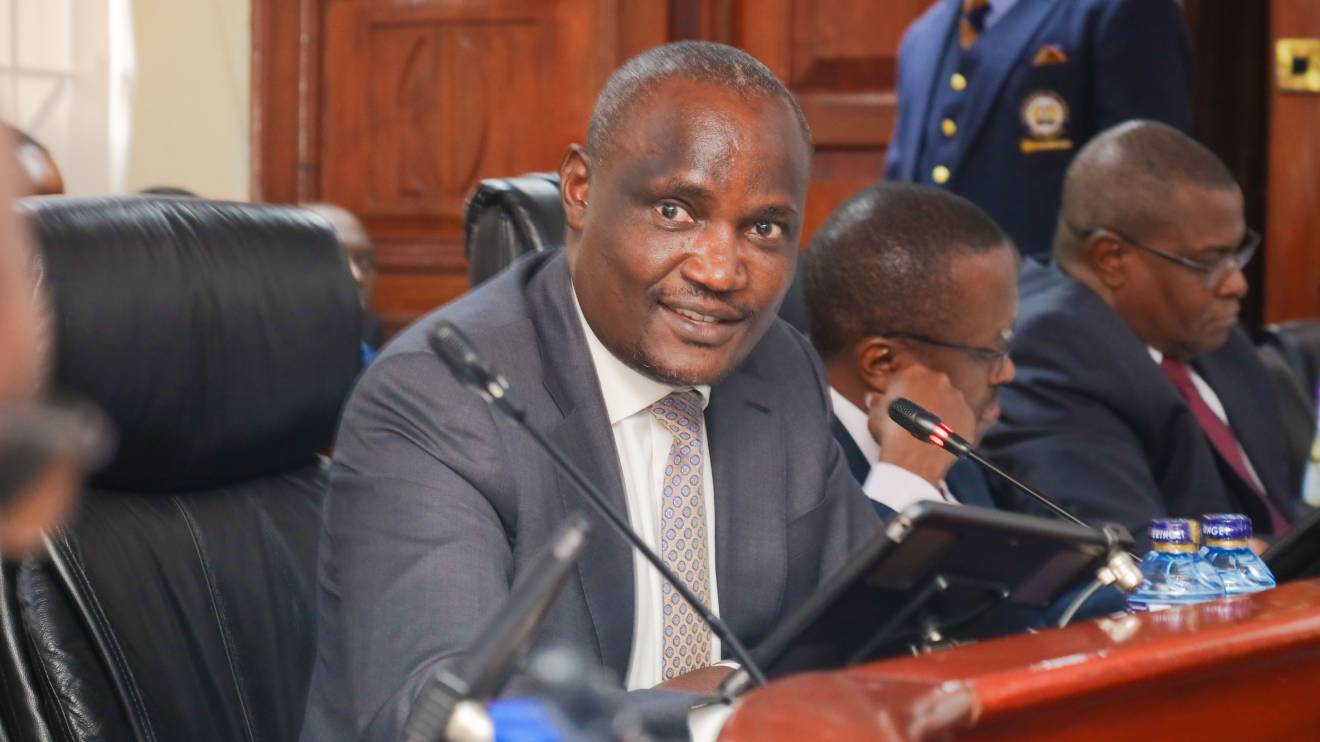

-1752797011.jpeg)
-1757457290.jpg)
